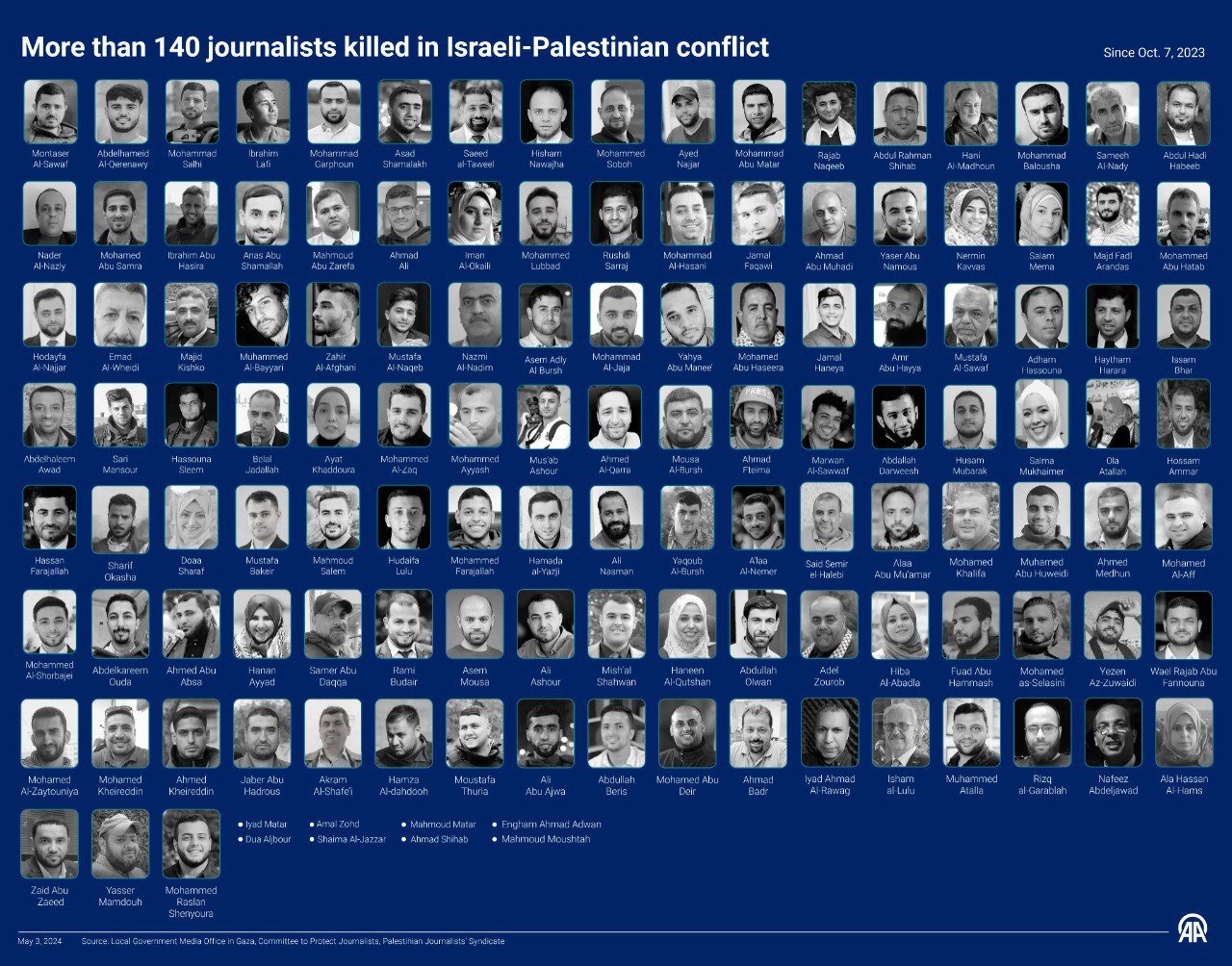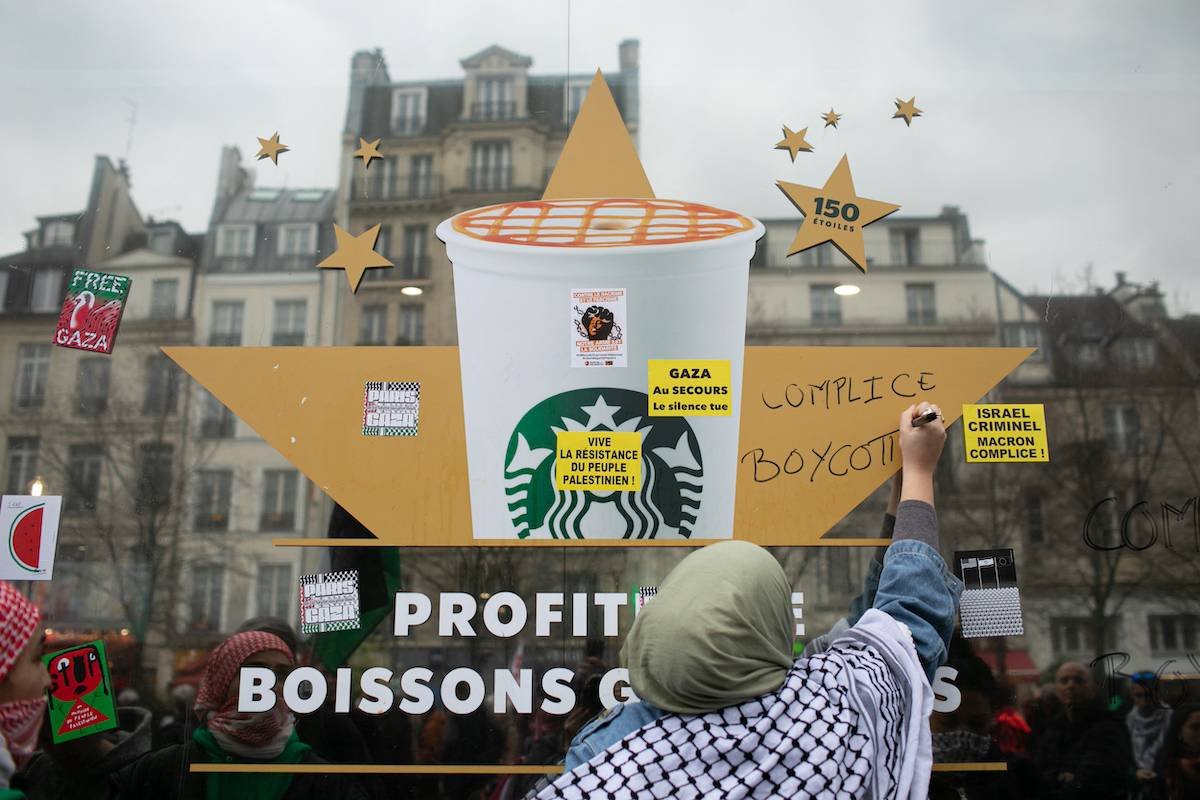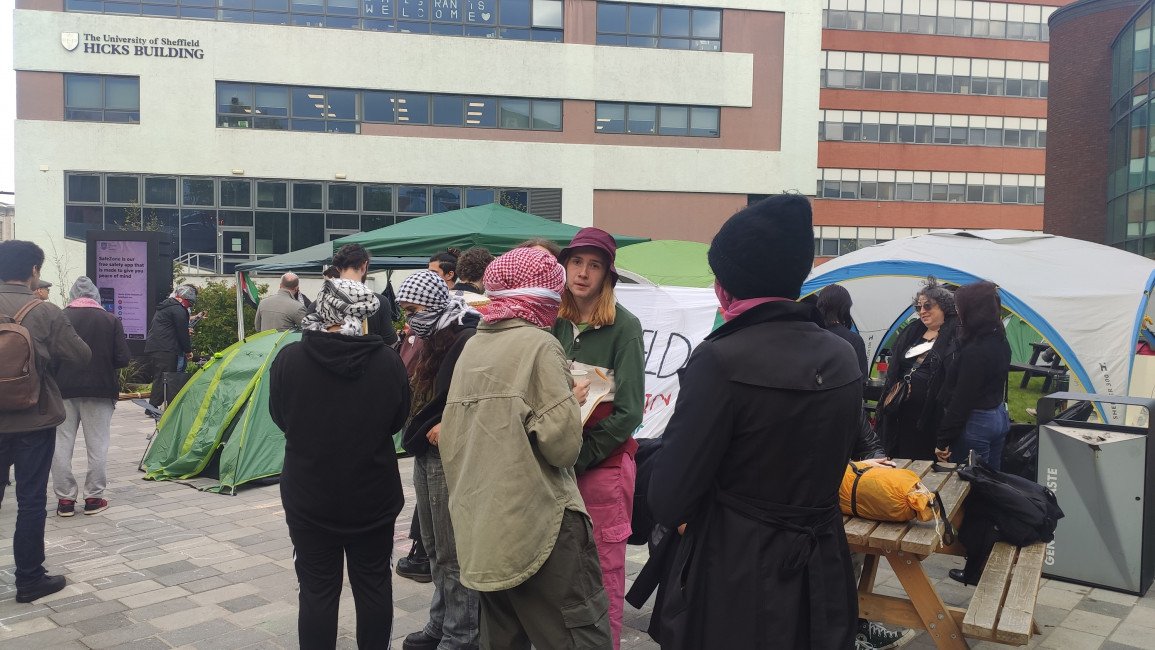Rabia Ali
For days now, there is growing speculation that the International Criminal Court (ICC) is poised to issue arrest warrants against top Israeli officials for the ongoing war on Gaza.
Most of the hype has been fueled by Israel itself, first with regular reports by Israeli news outlets about increasing apprehension among the top brass, followed by direct statements from Prime Minister Benjamin Netanyahu attacking the ICC and urging his Western allies to pressure the court.
Another tactic employed by Israel and its supporters, particularly the US, has been to question the ICC’s power and jurisdiction to act against Israeli officials.
Spokespersons for the White House and the US State Department have explicitly conveyed that the US does not believe the ICC has jurisdiction to move against Israel, specifically because Israel is not a signatory to the Rome Statute, the international treaty that forms the basis of the ICC.
Legal scholars, however, have refuted these assertions, stressing that Israel not recognizing the ICC or not being a signatory to the Rome Statute does not have any impact on the court’s powers.
The ICC has been leading an investigation since 2021 into potential war crimes committed by Israel and Palestinian groups dating back to 2014. The probe has grown to include ongoing attacks in the war in Gaza.
“Palestine is a state party to the ICC, and the ICC has accepted that it has jurisdiction over crimes committed in Gaza, the West Bank and East Jerusalem,” Gerhard Kemp, a professor of criminal law at the University of the West of England Bristol Law School, told Anadolu.
The ICC also has jurisdiction over crimes committed by Palestinian nationals outside the territory of Palestine, for example in Israel on Oct. 7, 2023, he said.
“The short answer is that there is not much that Israel can do to challenge the ICC jurisdiction over the alleged crimes committed in Palestine,” he explained.
Another legal expert Mark Kersten asserted that the ICC is able to “very clearly, logically and legally exercise jurisdiction in this case.”
The ICC has territorial jurisdiction on Palestine, which it understands as the Gaza Strip and the West Bank, including East Jerusalem, he said.
First, this means it has jurisdiction over any crimes committed by citizens of Palestine, so it has the power to act against Hamas members for the Oct. 7 attacks, even though most of it happened on the territory of a non-state party, Israel, he said.
“Second, it has jurisdiction over any crimes committed on the territory of Palestine … which means it has jurisdiction over any Israeli authorities who have committed mass atrocities, international crimes in Gaza or the West Bank,” explained Kersten, assistant professor of criminal justice and criminology at the University of the Fraser Valley in Canada.
– ‘Attempts to interfere, undermine and threaten ICC’
In the current situation, Kersten said the ICC is facing immense pressure from various countries, including Israel and the US.
“There’s definitely ongoing political pressure … I think pressure is probably too soft of a term. I have no doubt that various states are effectively threatening the ICC with certain consequences,” he said.
“There are definitely ongoing attempts to interfere, undermine and threaten the ICC. It is up to the ICC prosecutor and, indeed to a certain extent the judges, to withstand that.”
On Friday, Prosecutor Karim Khan’s office issued a sharply worded statement asserting that “all attempts to impede, intimidate or improperly influence (ICC) officials must cease immediately.”
“Such threats, even when not acted upon, may also constitute an offense against the administration of justice under Article 70 of the Rome Statute,” read the statement, without mentioning any cases or countries.
Kersten pointed out that pressure tactics are “nothing new” for the ICC, with both the US and Israel having previously threatened the court.
The administration of ex-President Donald Trump even “issued sanctions against the prosecutor and certain other ICC staff, as well as threatening to sanction their families,” he recalled.
“We have seen US policymakers and lawmakers say the same, that they would support literally sanctioning the only independent permanent international criminal tribunal in the world,” Kersten added.
What happens if warrants are issued?
According to the swirling reports, the Israeli leaders who could soon be facing ICC warrants include Netanyahu, Defense Minister Yoav Gallant and Israeli military chief Herzi Halevi.
If warrants are issued, all 124 countries that are state parties to the ICC are obligated to act.
“If an arrest warrant is issued against Netanyahu, he cannot legally step onto the territory of Germany or the UK or Canada,” said Kersten.
Being ICC member states, these countries will be obligated under both their own laws and also international law “to arrest and surrender Netanyahu to the ICC,” he said.
Non-state parties, however, do not have that obligation, he added.
On a potential timeline, Kersten said the ICC has often released “some of its most important and most significant decisions … at around 4 p.m. Hague time on a Friday, when the media isn’t really covering these issues.”
As for the possible basis of the warrant, he said it could be “about the issues of starvation or the denial of aid to Gaza,” adding that these are points “the prosecutor has spoken about repeatedly, especially since Oct. 7.”
Kersten also believes that any warrant against Netanyahu would be “unsealed” and publicly announced, citing past examples of warrants against Russian President Vladimir Putin or Libya’s Muammar Gaddafi.
However, there have been instances in the past where ICC judges have accepted the prosecutor’s request to issue sealed arrest warrants, he said.
These can then be unsealed in “a moment of vulnerability for the accused, for example, during travel to a member state of the ICC,” he added.
“Then, all of a sudden, that state has the obligation to catch the accused and surrender them to the ICC, in this massive kind of surprise moment,” said Kersten.
For someone as high-profile as Netanyahu, the expert reiterated that he does not believe a “sealed arrest warrant” is likely.
“It would be diplomatically inappropriate to issue a sealed arrest warrant for the head of a government … or a defense minister,” he said.
Complementarity challenge
While Israel has no standing when it comes to questioning the ICC’s jurisdiction, the one thing it can do is challenge the admissibility of any case in which warrants are issued on the basis of complementarity, according to Kemp, the Bristol Law School professor.
“This is because the ICC has complementary jurisdiction, meaning the ICC can only try a case if a national criminal justice system with jurisdiction over the matter is either unwilling or unable to try the case,” he said.
When Israeli nationals are accused of war crimes in Gaza, if Israel can show that its own courts will prosecute them “in a genuine prosecution and not a sham trial, then the ICC will stand back and will let Israel proceed with the case,” he explained.
“Of course, the ICC will evaluate the situation with reference to all the available facts,” Kemp added.
(Source: AA)

















